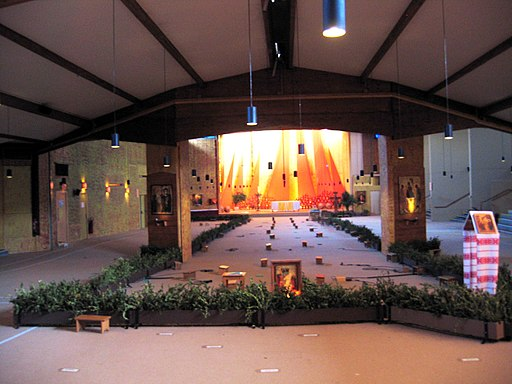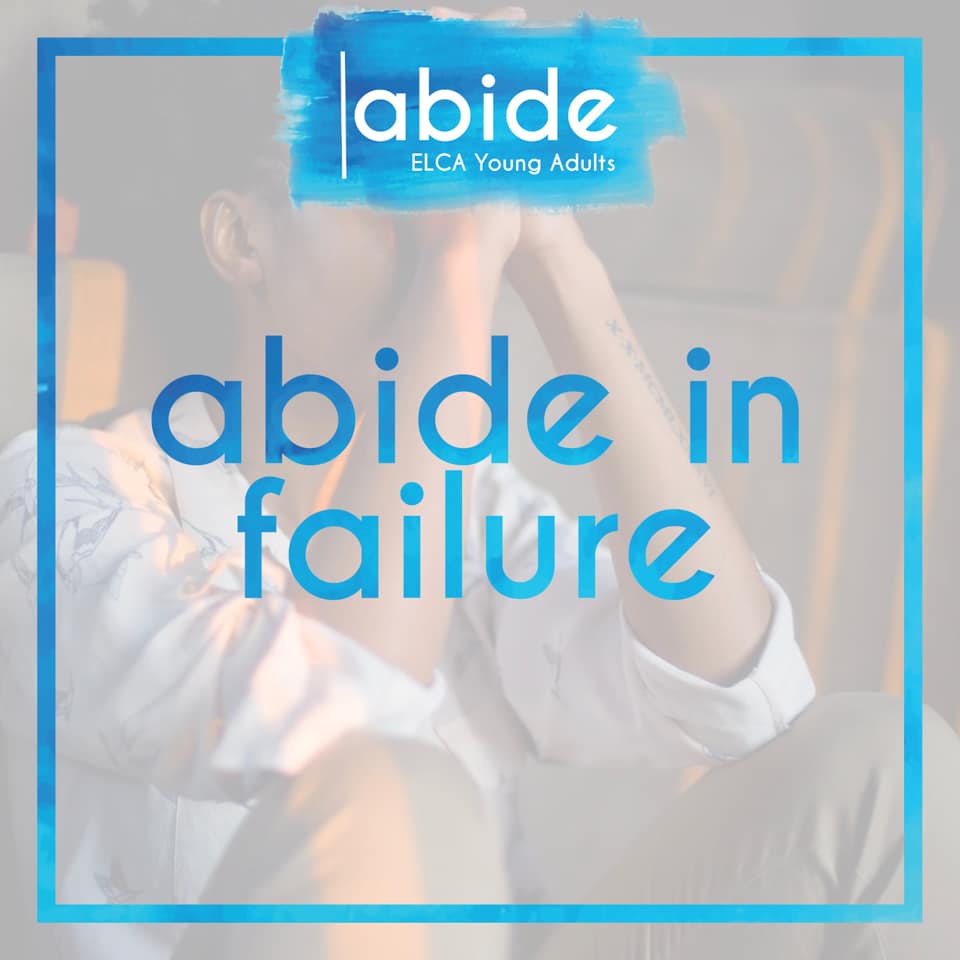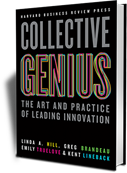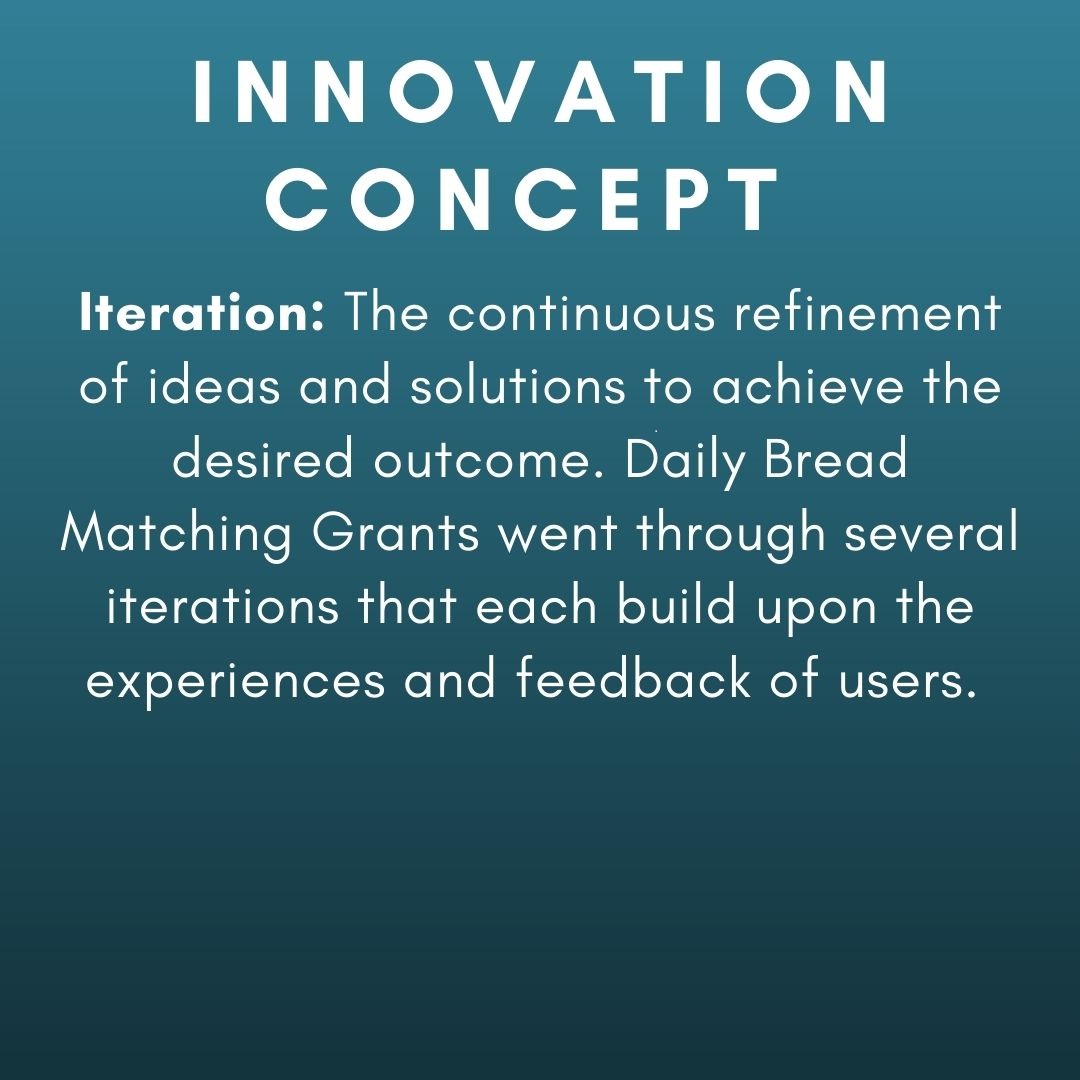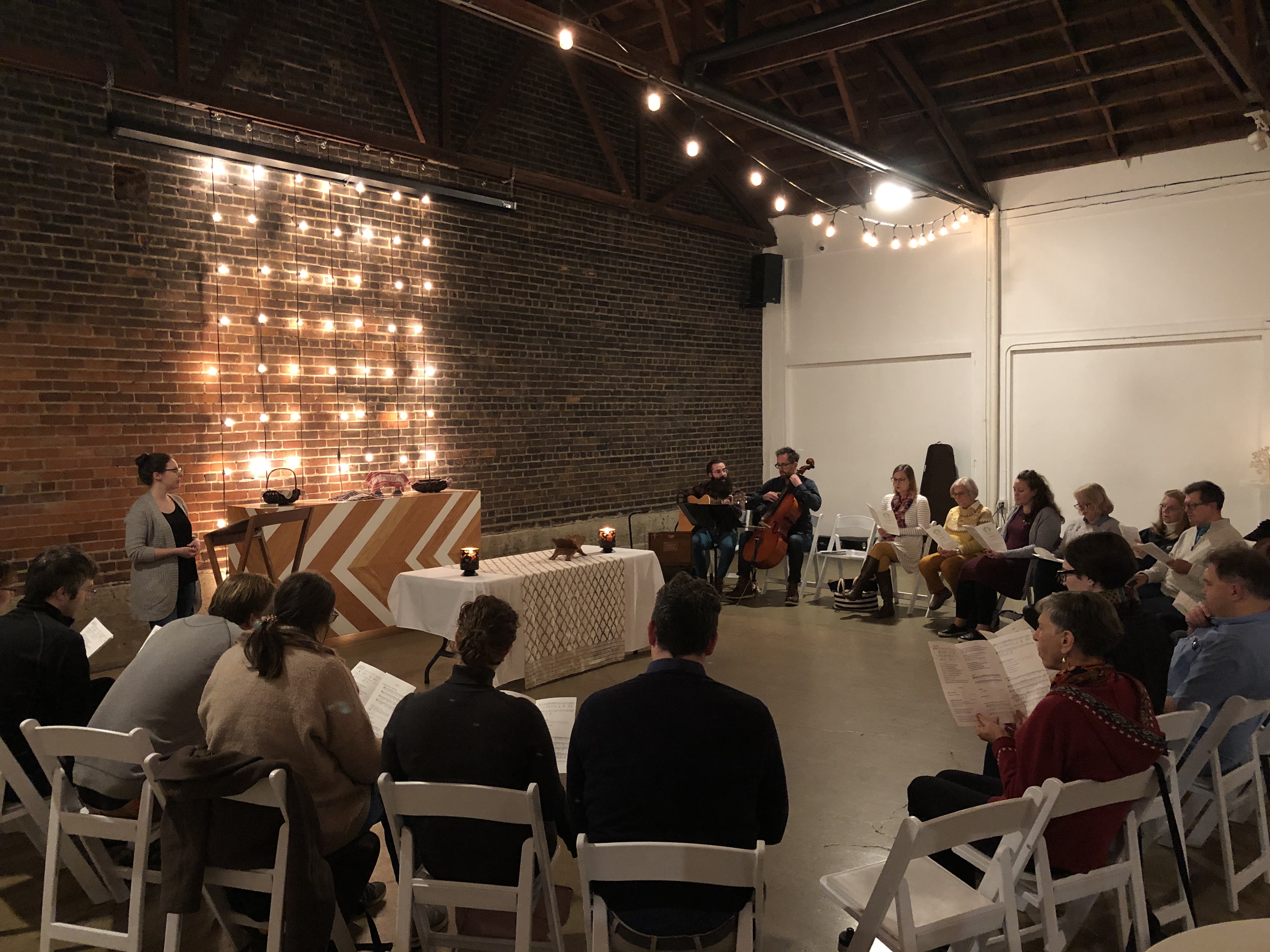This “Experiments in Action” blog series features individuals and communities who are trying something new. This post features a story from The Rev. Rebecca Ehrlich, Interim Director for Evangelical Mission and Assistant to the Bishop in the Allegheny Synod and founder of an online community exploring Christian Minimalism.
In December 2017, I was browsing through Netflix, and one of the suggested documentaries was Minimalism: A Documentary About the Important Things. I knew nothing about the minimalism movement or the two men who put the documentary together who call themselves “The Minimalists,” Ryan Nicodemus and Joshua Fields Millburn. But it looked interesting, and it was only an hour and 15 minutes, so why not?
In less than an hour, my life and worldview had completely changed. I knew that God, through this documentary, was calling me to live a more simplified and minimal life. When I watched the film again with my husband later that day, I put together that minimalism (focusing on the aspects of life that matter most and intentionally removing everything else) and the Christian faith and spirituality were connected in a meaningful way. I wanted to read more about minimalism through a Christian lens, so I did some research. Turns out, no one at the time was writing about the connection between Christian faith and minimalism in any great depth.
I knew that I couldn’t be the only one who wanted to delve into minimalism and the Christian faith, so I started a Christian Minimalism blog, christianminimalism.com, and a Christian Minimalism Facebook page— while also making incredible changes in my lifestyle and worldview. At first, only a handful of my friends and family were reading the blog and connected to the Facebook page. But more and more people discovered the blog and the page, and within a year there were just under 6,000 people connected to Christian minimalism through Facebook.
As more people started to discover Christian minimalism, more online conversations and participation began to happen. People all over the U.S. and the world, and from all different Christian traditions (and some from other faith traditions!) were having conversations about how to live out their faith through minimalism. A Facebook group, Christian Minimalism Community began so that people could post and have more in-depth conversations around these topics, and just under 1,000 people regularly connect as a part of that community today.
These online communities are a place where people can bounce ideas off of others who are also on this journey, as well as ask questions and discuss in-depth how to spiritually and faithfully live a lifestyle that Jesus himself lived and taught while on earth.
This online community has become especially important during the pandemic; Christian minimalism is even more relevant now as we are unable to do activities we could do previously, and online connections and discussions are essential when we are unable to meet together in-person. As folks contemplate what is most important in the face of life and death, these online communities are even more important than they were before. I am grateful that we have this community through the ups and downs of our contexts and lives.
The ELCA Innovation Lab Blog is new! We’d love to hear what you think. If you’ve got a few minutes, complete this short survey. If you have any additional questions or comments let us know at lab@elca.org.

